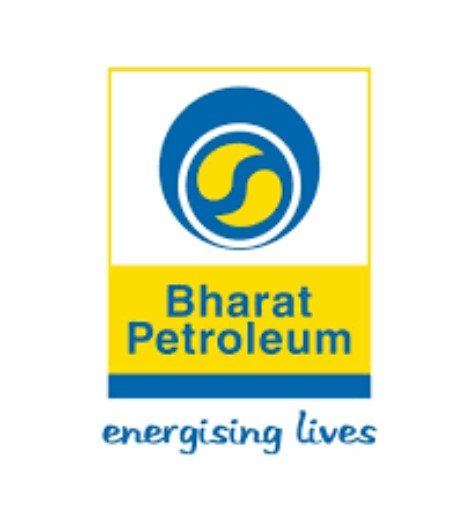India, December 31, 2024: Bharat Petroleum Corporation Ltd (BPCL), one of India’s leading state-owned oil refiners, is increasingly sourcing crude oil from the Middle East as supplies of cheaper Russian oil, which the company has relied on in recent years, begin to decline. According to Vetsa Ramakrishna Gupta, BPCL’s Chief Financial Officer, the company is missing two to three shipments of Russian oil each month. To bridge this shortfall, BPCL has turned to suppliers in countries such as Oman. Currently, Russian crude accounts for approximately 35–37% of the feedstock processed at BPCL’s three refineries, which together have a combined capacity of 706,000 barrels per day.
India’s imports of Russian oil surged after the European Union imposed sanctions following Russia’s invasion of Ukraine in 2022. The country became a key buyer of discounted Russian crude, which now constitutes over one-third of India’s total oil imports. However, Indian refiners—who typically procure oil through short-term contracts are facing difficulty in securing 8–10 million barrels of Russian crude for January 2025, according to industry reports.
The reduction in Russian exports is attributed to a combination of rising domestic demand within Russia and agreements with OPEC to curtail production. Compounding the issue, Rosneft, Russia’s state-owned oil company, recently signed a long-term contract to supply 500,000 barrels per day to Reliance Industries, one of India’s largest private refiners, starting in 2025. This single deal is expected to consume nearly half of Rosneft’s export capacity, leaving limited volumes available for other buyers such as BPCL.
To manage these supply challenges, BPCL has been diversifying its crude sources. About 53% of the company’s oil currently comes from long-term contracts, providing some stability. Additionally, BPCL recently purchased crude from Argentina for the first time. Looking ahead, the company plans to secure 10,000 barrels per day from Qatar under an annual supply agreement for the 2025-26 financial year, alongside its existing contracts.
Gupta also emphasized that BPCL is keeping its options open if Russian supplies continue to decline. The company may turn to West Texas Intermediate (WTI) crude or increase purchases from the Middle East, depending on prevailing market prices. This flexibility is part of BPCL’s broader strategy to ensure steady operations at its refineries and maintain a reliable supply of crude for India’s energy needs.
With global oil markets in flux due to geopolitical tensions, shifting production patterns, and evolving trade agreements, BPCL’s diversified sourcing strategy reflects the challenges faced by Indian refiners in balancing cost efficiency with supply security. The company’s proactive approach highlights its commitment to managing uncertainties while continuing to meet the country’s growing energy demand.


